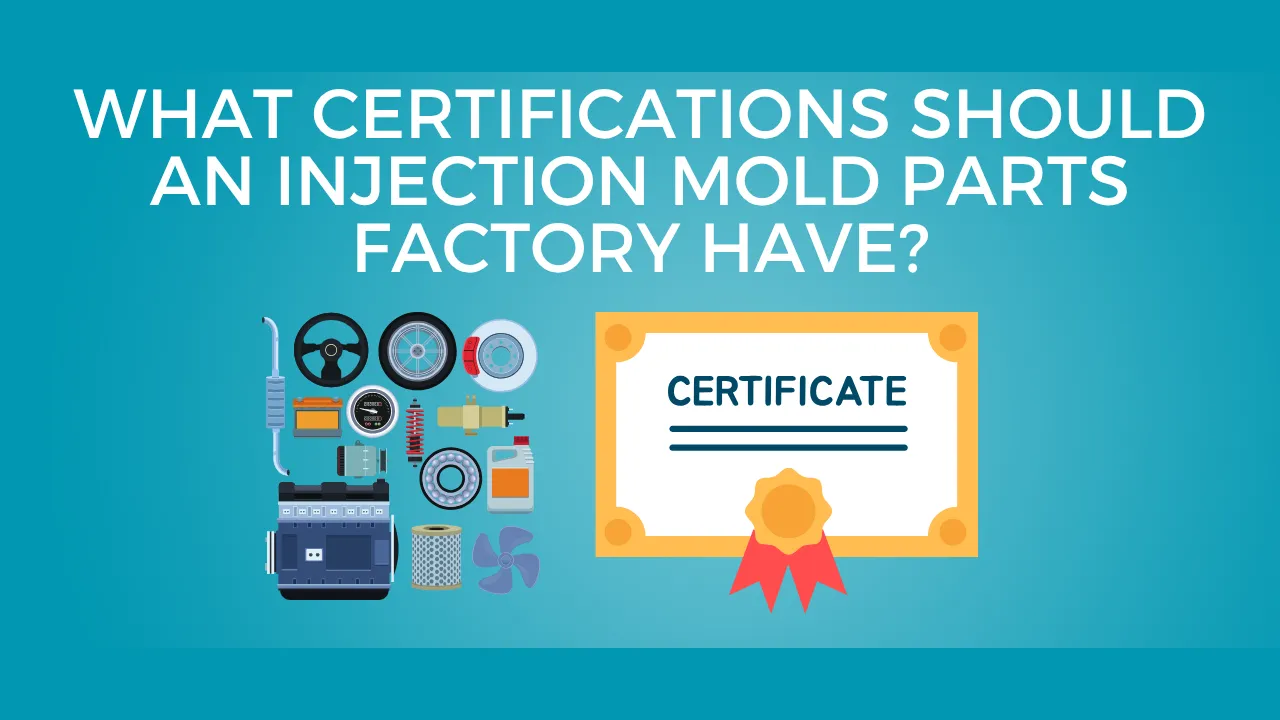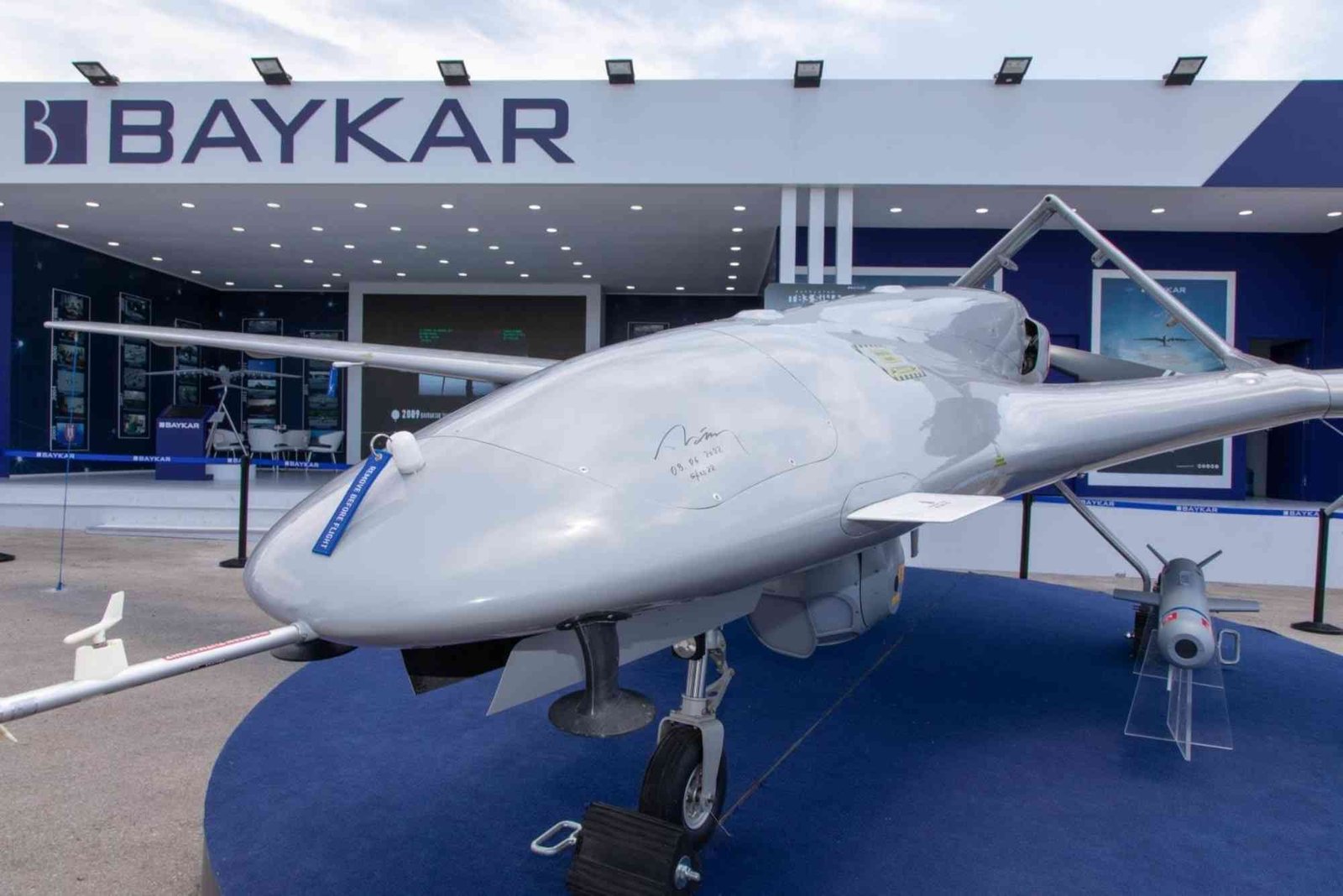When you’re choosing a supplier for critical components, one question often comes up: What certifications should an injection mold parts factory have? Certifications aren’t just pieces of paper—they represent a manufacturer’s commitment to quality, safety, and consistency. Having worked with both certified and uncertified suppliers, I can confidently say that certifications often make the difference between smooth production and costly headaches.
A professional plastic mold parts manufacturer invests in certification because it builds trust with clients and ensures processes are standardized. For buyers, knowing what certifications to look for can help you filter out unreliable factories and focus on those who meet international benchmarks.
Why Certifications Matter in Mold Manufacturing
Injection mold parts are highly precise components. Any deviation in dimensions or material quality can cause defects in mass production. Certifications ensure that the injection mold parts factory follows structured processes to minimize errors, maintain accuracy, and consistently deliver reliable products.
They also signal professionalism. When a factory earns recognized certifications, it demonstrates that they have invested in quality management systems, employee training, and safety protocols—all of which benefit you as a client.
ISO 9001: Quality Management
The most common and essential certification is ISO 9001. This globally recognized standard ensures that the factory follows a structured quality management system. It covers everything from raw material sourcing to final inspection, ensuring every step of production is documented and controlled.
A plastic mold parts manufacturer with ISO 9001 certification gives you peace of mind that they can consistently deliver parts that meet your specifications.
ISO 14001: Environmental Management
With industries placing increasing emphasis on sustainability, ISO 14001 has become more relevant. This certification indicates that the factory has effective systems for managing environmental impact, such as waste reduction and energy efficiency.
Choosing an injection mold parts factory with ISO 14001 shows you’re working with a partner who values eco-friendly practices, which can also strengthen your brand image.
ISO 45001: Occupational Health and Safety
Safety in production environments is critical. ISO 45001 certifies that the factory provides safe working conditions for employees, minimizing risks of accidents or health issues. A plastic mold parts manufacturer that prioritizes worker safety is more likely to maintain stability and efficiency in production, reducing the risk of delays caused by workplace issues.
IATF 16949: Automotive Quality Standard
For businesses in the automotive sector, IATF 16949 is essential. This certification applies specifically to automotive parts and ensures strict quality standards are followed for safety-critical components.
If your business serves automotive clients, choosing an injection mold parts factory with IATF 16949 certification is not optional—it’s mandatory for compliance.
Medical Certifications (ISO 13485)
For industries producing medical equipment, ISO 13485 certification is key. It ensures that the manufacturer can meet the rigorous standards required for medical devices. A plastic mold parts manufacturer with this certification demonstrates they can deliver components for highly sensitive applications where precision and reliability are non-negotiable.
Material Certifications and Traceability
Beyond formal certifications, material traceability documents are also vital. A professional injection mold parts factory should provide certificates that confirm the grade and source of materials used. This guarantees that you’re not receiving substandard steel or alloys, which could compromise mold performance.
Why Certified Factories Save You Money in the Long Run
Working with a certified plastic mold parts manufacturer may cost slightly more upfront, but it reduces risks of production errors, defective parts, and compliance issues. The assurance of consistent quality saves money by minimizing downtime, product recalls, and reworks.
In industries where reliability is everything, certified suppliers give you the confidence that your production lines will stay efficient.
Final Thoughts
When selecting a supplier, don’t just ask about pricing and lead times. Ask about certifications. A truly professional injection mold parts factory should have at least ISO 9001, and depending on your industry, certifications like IATF 16949, ISO 13485, and ISO 14001 may also be essential.
These certifications are more than formalities—they are your assurance of quality, safety, and reliability. Partnering with a certified plastic mold parts manufacturer helps you build a stronger supply chain and ensures your products meet both industry standards and customer expectations.




